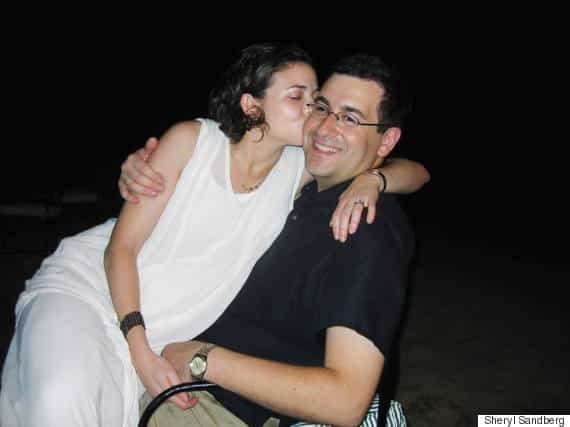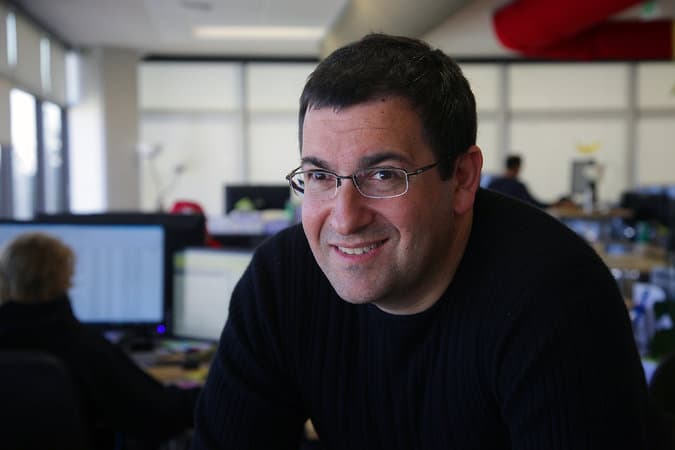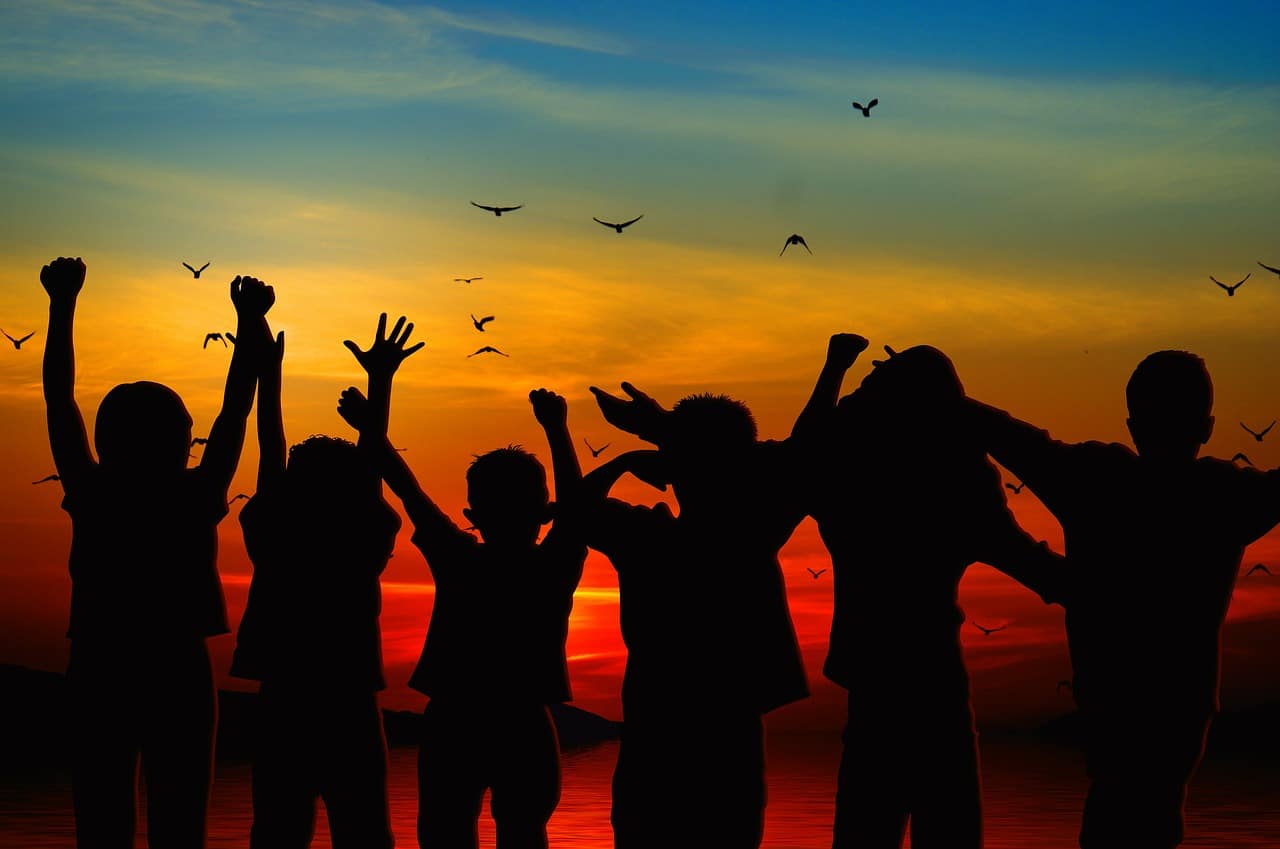It was unimaginable, almost unreal.
It was raw and refined, movingly personal and powerful.
It was Sheryl Sandberg’s Facebook post about her mourning, coping and moving on since the sudden death of her husband David Goldberg at age 47.

(Image source: huffingtonpost.com)

(Image source: nytimes.com)
As Facebook chief operating officer and the author of “Lean In”, Sandberg has accomplished great success for herself and has dedicated a lot of her time and energy to teaching women and men how to lean in at work and step up at home. I don’t know her personally, but have read her book and reached out to her Lean In community about ways we can lean in for her during this difficult time.
Sandberg initially asked for privacy on the day of Dave’s tragic death, and her staff encouraged me to start a conversation with my network community at China Personified about sudden loss and unanticipated challenges in life. I thought it was a great idea but wanted to wait.
Last Thursday, my wait was over when Sandberg decided to re-emerge and re-engage the world with her own words about why she decided to write now.
“I think when tragedy occurs, it presents a choice.
You can give in to the void, the emptiness that fills your heart, your lungs, constricts your ability to think or even breathe. Or you can try to find meaning.
These past 30 days, I have spent many of my moments lost in that void. And I know that many future moments will be consumed by the vast emptiness as well.
But when I can, I want to choose life and meaning.
And this is why I am writing: to mark the end of sheloshim and to give back some of what others have given to me. While the experience of grief is profoundly personal, the bravery of those who have shared their own experiences has helped pull me through.”
When you read her whole post, you will be struck (as I was) by her incredible openness t0 let us into her intimate world of grief, her vast support network of family and friends and her amazing ability to articulate her insight during those dark and painful moments.
For me, it took twenty years of soul searching to process the meaning of my mother’s sudden death.
She died of a heart attack in Hong Kong when I had just started a new job producing at Court TV in New York. No one in my family had my new office number yet, so they called my home phone repeatedly and left voice messages over a 12-hour period.
“Ah-mei. (my nickname) Call home.”
“Ah-mei, this is your big brother, call home.”
“Ah-mei, where are you? Call home.”
“Ah-mei. Mama has gone home to Heaven. Call us back.”
For months, I caved into my darkness, I chose to cry alone and shut out the world. I blamed myself for being so far away from home. I blamed myself for missed opportunities for quality time with mom and family. I blamed myself for leaving my family, and wanting to create a different life for myself in America.
As I reflected on my own tragic loss, I realized that closing in on myself was the wrong way to go.
Yes, solitude and silence was important, but so was opening up and sharing grief with loved ones, and even strangers.
Strangers reached out to me during my period of mourning but I pushed them away. I wanted to punish myself for being selfish or career-minded. But it was counter-productive and harmful not only to myself, but also to those around me.
As our culture and society become more connected and open to sharing as a way of learning, I have developed a greater ease with speaking up about traumatic experiences. I have become more understanding and accepting of unanticipated tragedies of life, the value of quality time with family and friends. I have also deepened my prayer life, enriching it with gratitude and requests for grace and mercy for me, my loved ones and the wider world.
Many sudden losses, setbacks, disappointments still get me upset, but I rebound more quickly. I have also become more sensitive to friends and strangers’ pain and suffering. I reach out more readily to offer my resources – time or energy.
We all have to search our own souls for answers to questions about the meaning of our lives and loss.
Yes, our pain is our own. But we are not alone.


